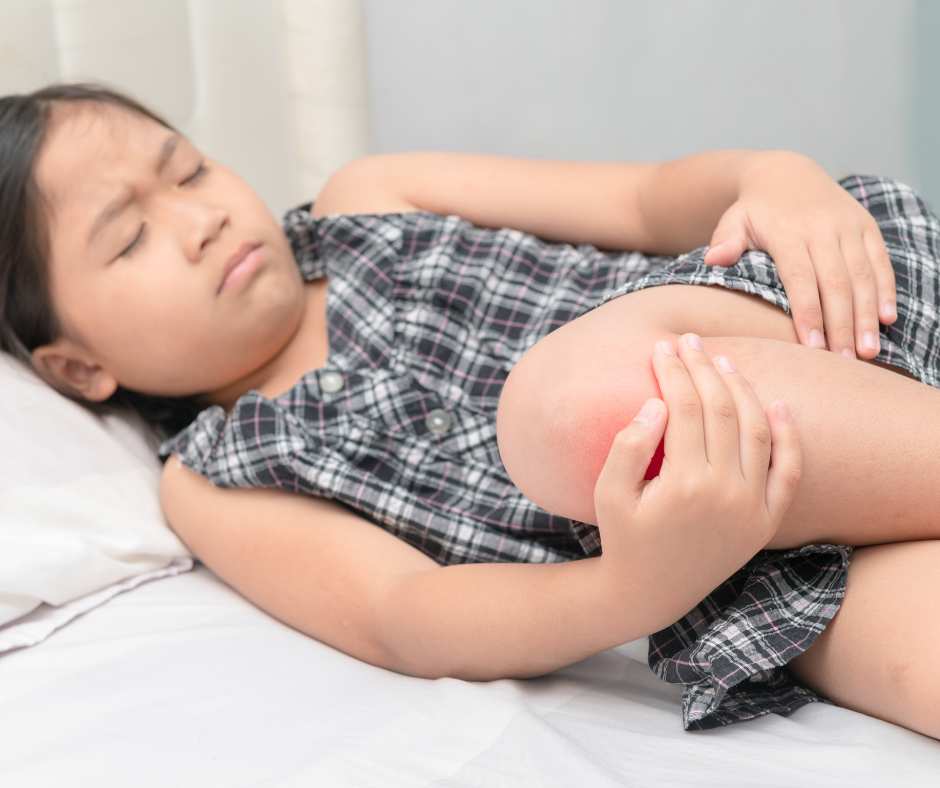World Young Rheumatic Diseases Day (WORD Day) is an annual event held on March 18th to raise awareness about rheumatic diseases in children and young people. This day aims to educate parents, healthcare professionals, and the general public about the early signs and symptoms of these conditions, emphasizing the importance of early diagnosis and timely referral to pediatric rheumatology specialists. This year's theme is: Empower to Thrive: Raising Awareness of Young People with a Rheumatic Disease. Check out the website below to view their webinars from this year and previous years.
More information about this awareness day: https://wordday.org/






